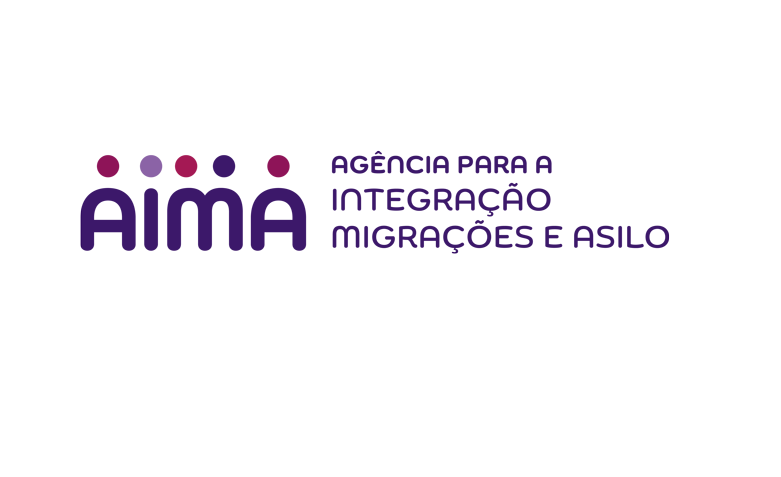The Portuguese government has enacted major changes in its immigration policies:
The Portuguese government has recently implemented significant changes in its immigration policies, aiming to streamline processes and address existing challenges. These changes include the termination of the exceptional regime that allowed foreigners to enter Portugal and apply for a residence permit afterward, along with the introduction of a mission structure to expedite the regularization of pending immigration cases. This article outlines the key policy changes, the role of the newly established structures, and the initiatives led by the Agency for Migration and Integration (AIMA).
Key Changes in Immigration Policies
Termination of the Exceptional Regime:
The Portuguese government has ended the exceptional regime that previously allowed foreigners to enter Portugal on a tourist visa and then apply for a residence permit. This procedure, known as “expressions of interest,” was considered a major source of pending immigration issues.
Moving forward, foreigners will need to secure an employment contract or address their status through Portuguese consular services before entering the country.
Strengthening Consular Services:
To manage the transition, the government plans to enhance the capacity and response of consular posts, particularly in priority countries. This includes reinforcing consular posts with 45 additional staff members across 15 countries, focusing on the Community of Portuguese Language Countries (CPLP).
Repeal of Articles 88 and 89 of the Foreigners Law:
Articles 88 and 89, which allowed the legalization of foreign tourists in Portugal, have been repealed. This change will be followed by a comprehensive revision of the general immigration law in parliament in the coming months.
Prioritization of Immigrant Entry Channels:
The government will prioritize entry channels for family reunification, young students, qualified professionals, and nationals of CPLP countries. This aims to streamline and facilitate the entry of these groups into Portugal.
Creation of a Mission Structure:
A mission structure with additional human, material, and financial resources will be established to expedite the assessment of pending immigration requests. This structure will integrate employees from AIMA, inspectors from the former SEF (Foreigners and Borders Service), and other recruited professionals.
Foreigners and Borders Unit (UEF):
A new Foreigners and Borders Unit (UEF) has been created within the PSP (Public Security Police) to monitor the presence of immigrants and manage border control and return processes, previously handled by AIMA.
Municipal Emergency Reception Centers:
The government plans to establish municipal and intermunicipal emergency reception centers for immigrants, with the first center set to open in Lisbon. These centers aim to address the homelessness issue among immigrants in the capital.
Combatting Illegal Activities:
A multi-force inspection team will be formed to combat illegal stay, human trafficking, assistance to illegal immigration, labor exploitation, and human rights violations.
Audit of Linguistic Training and Assessment:
The government will conduct an audit of the linguistic training and assessment procedures used for obtaining Portuguese nationality.
Role of AIMA in Supporting Immigrants
The Agency for Migration and Integration (AIMA) will play a crucial role in implementing these changes and supporting immigrants through various initiatives:
Integration Programs:
AIMA will continue to offer comprehensive integration programs, including language courses, cultural orientation, and vocational training to help immigrants integrate into Portuguese society.
Legal and Administrative Support:
The agency will provide legal assistance and guidance on immigration processes, ensuring that immigrants understand their rights and obligations.
Community Integration Projects:
AIMA will promote community integration through projects that connect immigrants with local communities, fostering social cohesion and cultural exchange.
Employment and Entrepreneurship Support:
AIMA will support immigrant entrepreneurs with business development services, access to funding, and mentorship programs. The agency will also work with employers to promote the hiring of immigrants and ensure fair employment practices.
Monitoring and Advocacy:
AIMA will advocate for immigrant rights and monitor the implementation of immigration policies, collaborating with government bodies to address challenges and improve services for immigrants.
Impact of Policy Changes and AIMA Initiatives
The recent policy changes and AIMA’s initiatives are expected to have a significant impact on the immigration landscape in Portugal:
Economic Contributions:
By prioritizing the entry of qualified professionals and entrepreneurs, Portugal will benefit from diverse economic contributions, boosting innovation and economic growth.
Cultural Enrichment:
Immigrants will enrich the social and cultural fabric of Portugal, promoting diversity and enhancing cultural understanding.
Social Stability:
Improved family reunification policies and integration programs will help maintain social stability and cohesion, creating a supportive environment for immigrants and their families.
Conclusion
The Portuguese government’s updated immigration policies and the initiatives led by AIMA reflect a strong commitment to creating a welcoming and supportive environment for immigrants. These efforts aim to facilitate the integration of newcomers and contribute to Portugal’s economic and social vitality. By continuing to refine its immigration policies and support structures, Portugal sets a positive example for other nations in fostering a diverse and dynamic society.

